Home/Wellness Zone/Sakra Blogs

6th May, 2024
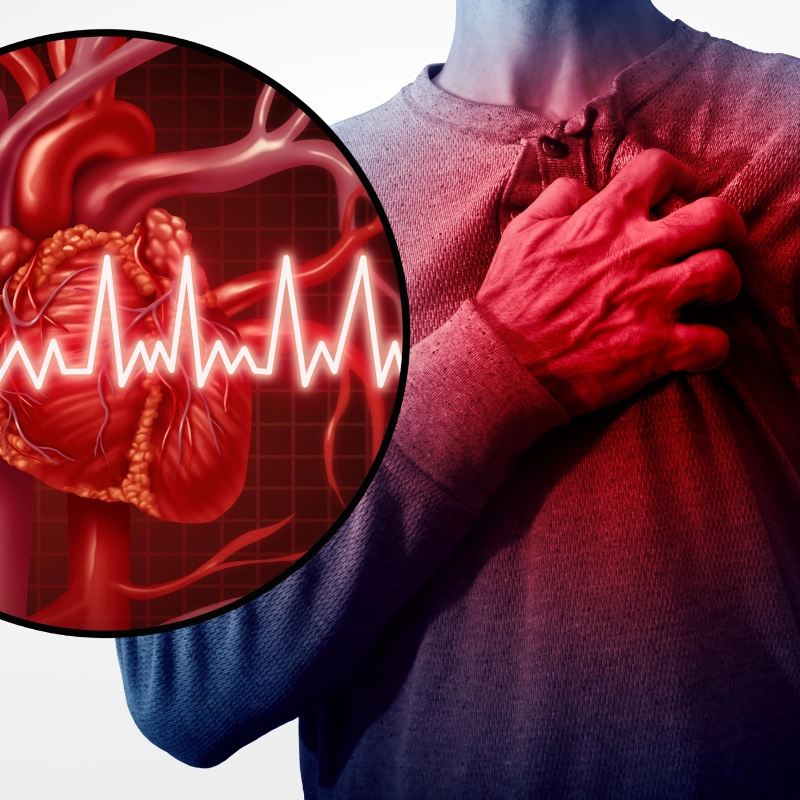
A heart attack, also known as a myocardial infarction, is a serious medical emergency that occurs when blood flow to a part of the heart muscle is blocked for an extended period, leading to damage or death of the affected tissue.
Senior Consultant - Interventional Cardiology & Advanced Heart Failure & Heart Transplant Management
Book an Appointment
HF is the inability of
7 Aug 2024
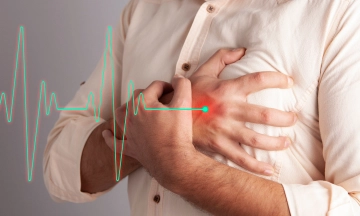
Heart failure is a serious
6 May 2024

Cardiac arrest is a sudden
6 May 2024
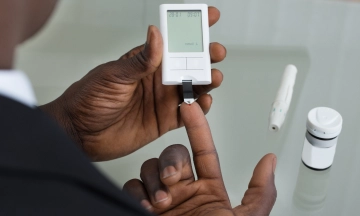
In the realm of chronic
6 May 2024
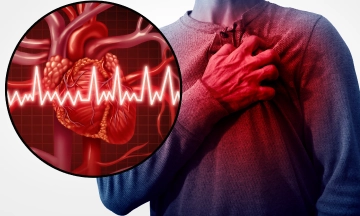
A heart attack, also known
6 May 2024
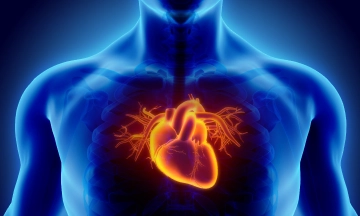
The human heart is a
15 Mar 2024
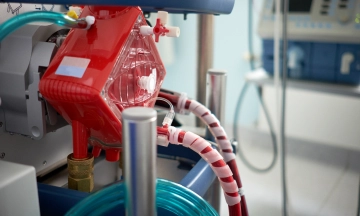
In the realm of advanced
12 Mar 2024
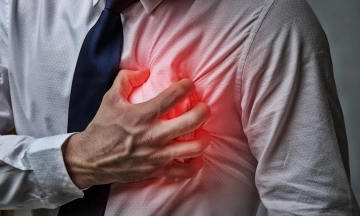
A diagnosis of heart failure
12 Mar 2024
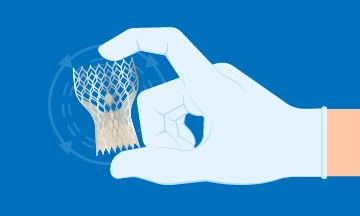
The aorta, the largest artery
25 Aug 2023
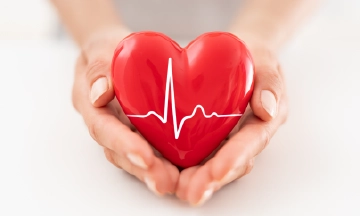
A healthy heart is essential
23 Aug 2023
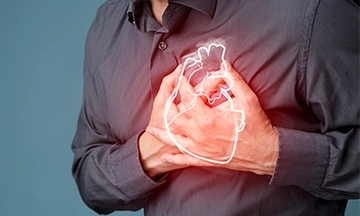
Understanding Heart Failure Heart failure is
14 Aug 2023
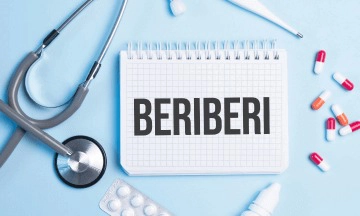
Beriberi is also known as
28 Apr 2022
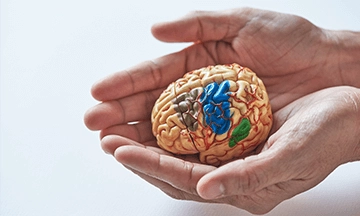
Atrial Fibrillation is a condition
9 Jun 2021

Making resolutions every New Year
17 Jun 2020
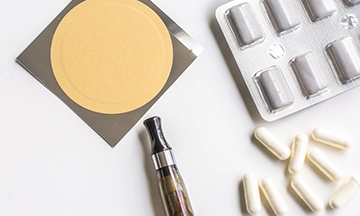
Smoking: Should I Use Nicotine
13 Jan 2020

Traveling And Driving After A
10 Jan 2020

Metabolic Syndrome A metabolic syndrome is
10 Jan 2020
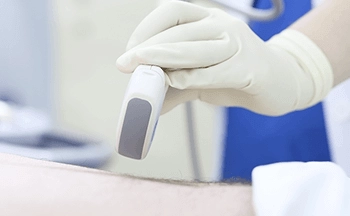
Coronary angioplasty has evolved over
9 Jan 2019
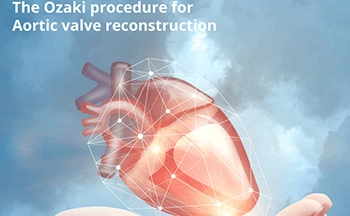
Aortic valve surgery is one
27 Nov 2018
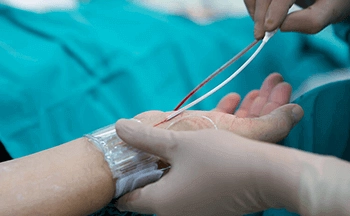
What is Coronary Angiography? Coronary angiography
10 Dec 2016
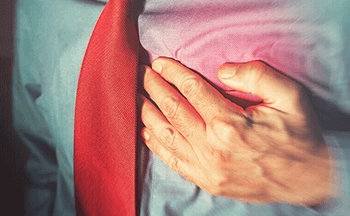
What is a Heart Attack? Our
10 Dec 2016
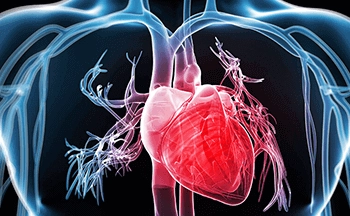
What is Unstable Angina? Unstable angina
10 Dec 2016
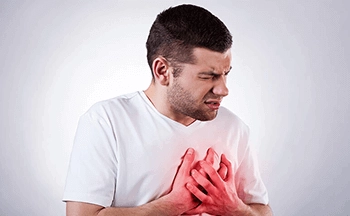
What is Angina? Angina is the
10 Dec 2016

Dr. Jagdish from
9 Jul 2016
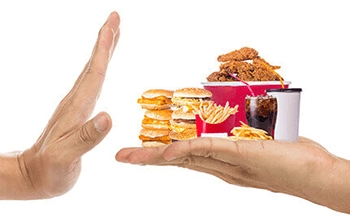
Trans fat raises
9 Oct 2015
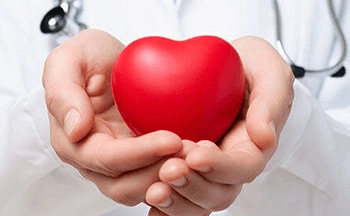
The first hour
6 Oct 2015
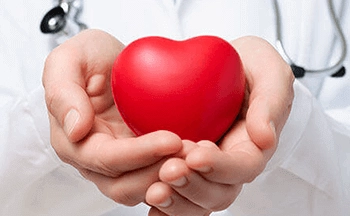
Protecting your heart
25 Sep 2015
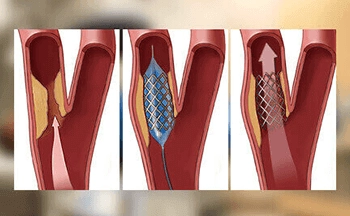
Are
24 Feb 2015
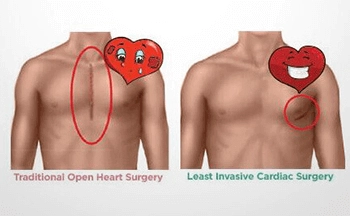
Gone are the
14 Jan 2015
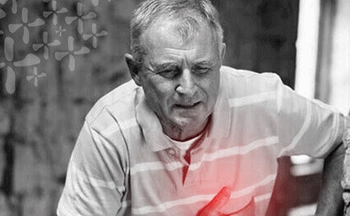
We’ve
15 Sep 2014

The Center of
8 Jul 2014
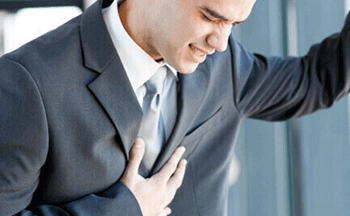
Metabolic Syndrome A metabolic syndrome is
1 Jun 2016
Enquire Now

